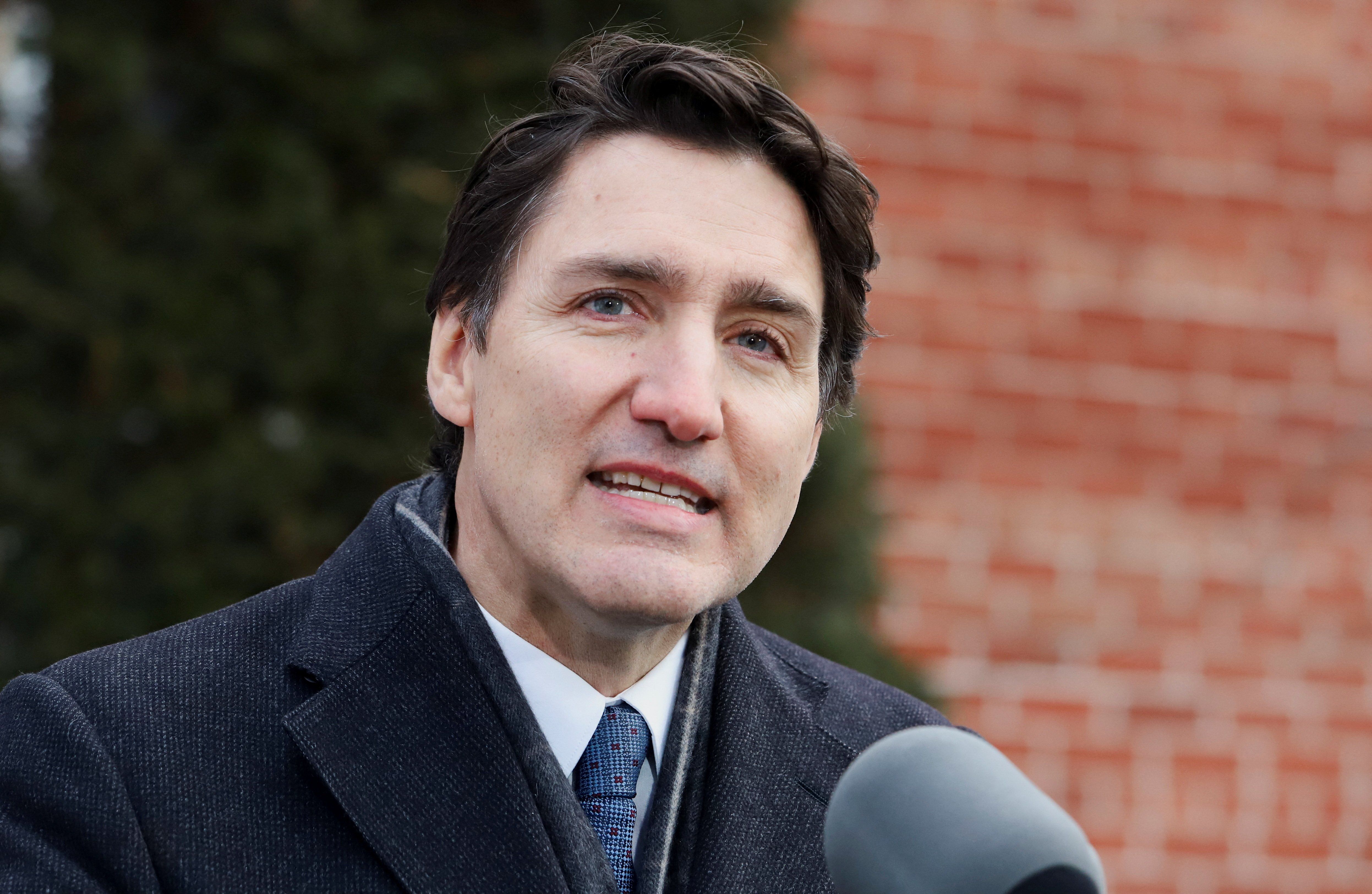Reaction was swift. Opposition leader Pierre Poilievre repeated his call for an election, Elon Musk – a fan of Poilievre – posted that “2025 is looking good,” while US President-elect Donald Trump took credit for Trudeau’s departure, suggesting that the PM resigned because he knew Canada could not afford a trade war and repeating his comment that Canada should become America’s“51st state,”
What’s next? Trudeau advised the governor generalto suspend Parliament until March 24 because it had been “paralyzed for months,” thereby delaying opposition plans to present a non-confidence motion and giving the Liberals time to organize their leadership contest.Trudeau will only step down after the Liberal Party selects a new leader, but the party has yet tofinalize the date and rules for the race.
Some insiders are pushing foran internal decision by caucus, while others insist that a full membership vote is required. The party’s constitution mandates a campaign of at least 90 days but allows the party’s board to shorten it under special “political circumstances.”
Businessman and former Liberal MP Frank Baylisdeclared Monday afternoon that he will run. Other potential contenders include Freeland, Finance Minister Dominic LeBlanc, Innovation Minister François-Philippe Champagne, former Bank of Canada Governor Mark Carney, former BC Premier Christy Clark, and Foreign Affairs Minister Mélanie Joly. The winner will have an uphill battle, as the party is currently polling at 16%.
